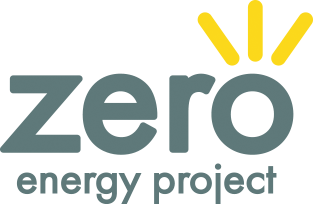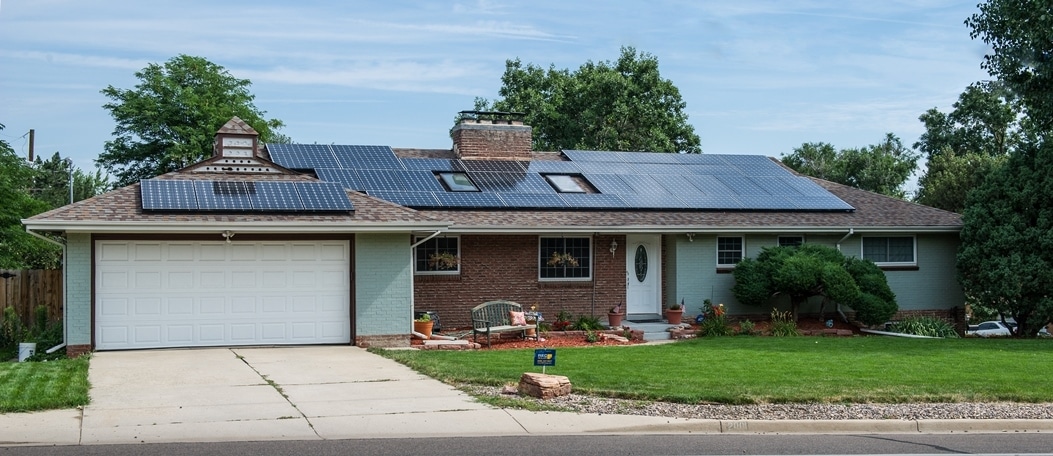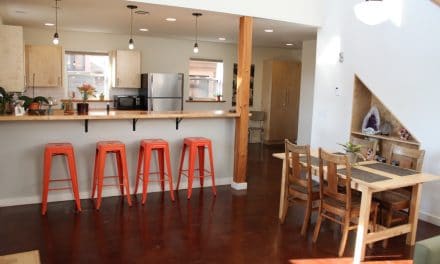By Allison Casey, U.S. Department of Energy, National Renewable Energy Laboratory
Are you interested in using solar energy at home and wondering where to start? Maybe you’ve been questioning whether you can afford it or if your home or neighborhood is right for solar. Maybe you don’t own your home and you thought you didn’t have the option to use solar on your rental.
Good news! There are now ways for everyone to use solar energy at home. Solar is now more affordable than ever, and there are many benefits to using solar electricity.
Energy Saver now has updated information on residential solar electricity to guide you through planning for a solar energy system. No matter where you live, the various options for using solar make it possible to choose a setup that works best for you.
You may be ready to purchase and install a solar energy system. If so, great! You’re just in time to take advantage of the 30% federal tax credit that is available through 2019. The tax credit decreases to 26% in 2020, then to 22% in 2021, and expires December 31, 2021.
If you’re thinking about purchasing, you may also want to look into a solarize program, which allows you to join with other buyers to choose an installer and negotiate rates.
If want to install solar on your house but would prefer not to buy, options are available for you as well. Solar leases or Power Purchase Agreements, also known as PPAs, may work for your situation. Both allow you to install and use the electricity from solar panels without having to purchase them.
Can’t install solar at home? A community or shared solar program may be available in your area. These programs allow you to buy into a solar energy system at a level that fits your needs, without installing a system on your home.
Visit our updated page on planning a home solar electric system to learn more about the various options and select the one that is right for you. You’ll also find guidance on improving your home’s efficiency, assessing your solar potential, estimating your solar needs, finding and working with an installer, and understanding financing and incentives.
Get started today!
Allison Casey works with DOE’s National Renewable Energy Laboratory to manage the Energy Saver website. She holds an Ed.M. in Technology, Innovation, and Education from Harvard University and a B.S. in Scientific and Technical Communication from the University of Minnesota.
This article originally appeared on Energy.gov
Photo courtesy Dennis Schroeder / NREL





![10 Steps Toward a Zero Energy Home [Infographic]](https://elemental.green/wp-content/uploads/2016/04/cbfb-440x264.jpg)


